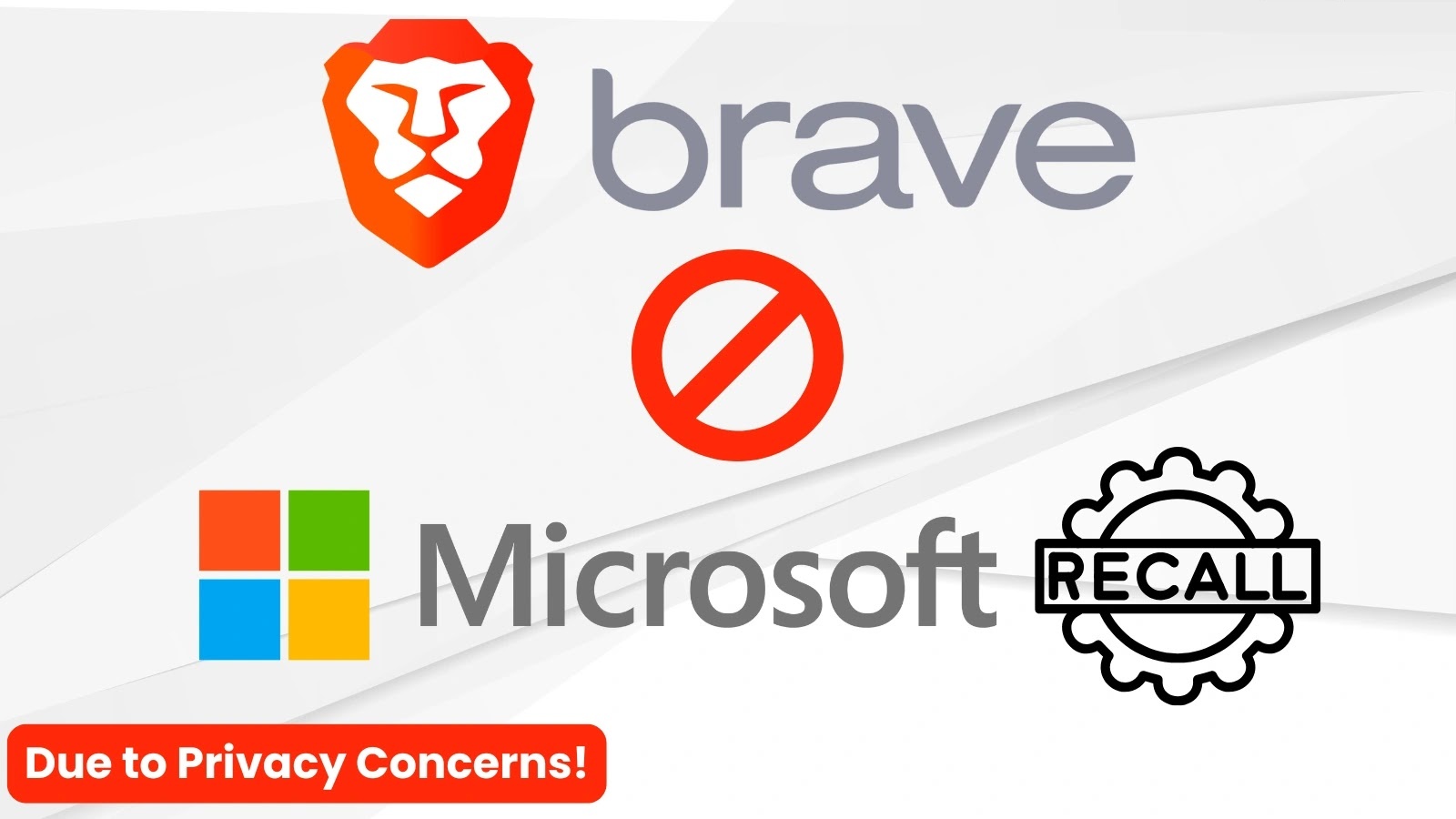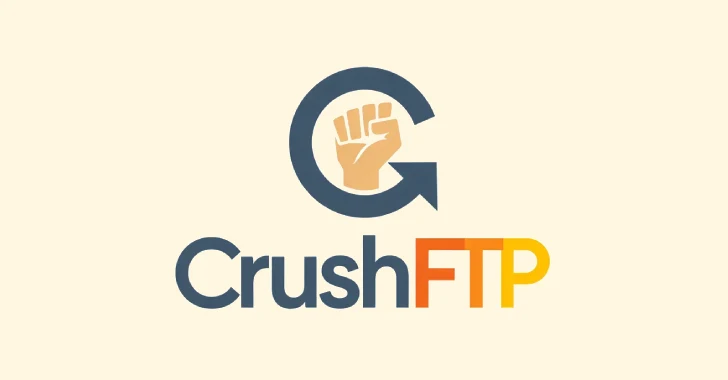In a decisive move to uphold user privacy, Brave has announced that its browser will block Microsoft’s Recall feature by default, starting with version 1.81 for Windows users. This proactive measure underscores Brave’s commitment to protecting users from potential privacy infringements posed by system-level features.
Understanding Microsoft’s Recall Feature
Introduced in May 2024, Microsoft’s Recall is designed to enhance user productivity by capturing periodic screenshots of user activity, creating a searchable timeline of interactions. While this feature aims to assist users in retrieving previously viewed content, it has sparked significant privacy and security concerns.
Privacy and Security Implications
The core of the controversy lies in Recall’s method of operation. By taking screenshots every few seconds and storing them locally, the feature inadvertently collects sensitive information, including passwords, financial data, and personal communications. Security experts have highlighted several risks associated with this approach:
– Data Vulnerability: The continuous capture and storage of screenshots create a repository of sensitive information. If compromised, this data could be exploited by malicious actors.
– Malware Exploitation: Researchers have demonstrated that malware can access Recall’s database, potentially exfiltrating sensitive user data without detection.
– Privacy Concerns: The indiscriminate nature of Recall’s data collection raises questions about user consent and the potential for misuse, especially in scenarios involving sensitive personal information.
Brave’s Proactive Response
In response to these concerns, Brave has implemented a feature that designates all browser tabs as private, effectively preventing Recall from capturing any browsing activity. This approach ensures that users’ online activities remain confidential, aligning with Brave’s mission to prioritize user privacy.
Technical Implementation
Brave’s solution leverages existing privacy protections by signaling to the Windows operating system that all Brave tabs operate in private mode. This method effectively blocks Recall from taking screenshots of Brave’s browsing sessions while maintaining compatibility with other system features, such as accessibility tools that rely on screenshot capabilities.
User Control and Accessibility
While the blocking feature is enabled by default, Brave provides users with the option to disable it if they choose to utilize Recall. This flexibility is accessible through the browser’s privacy settings, allowing users to tailor their experience according to their preferences.
Industry Reactions and Broader Implications
Brave’s decision has been met with support from privacy advocates who view it as a necessary step in protecting user data. This move also sets a precedent for other software developers to consider similar measures in response to system-level features that may compromise privacy.
Conclusion
Brave’s initiative to block Microsoft’s Recall feature by default reflects a growing emphasis on user privacy in the digital landscape. By taking a stand against potential privacy violations, Brave reinforces its position as a browser that prioritizes the security and confidentiality of its users’ online activities.



